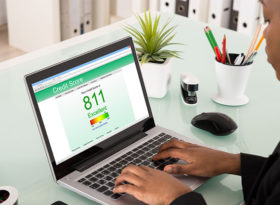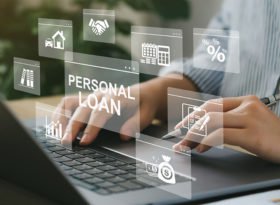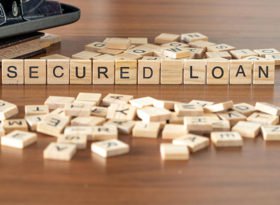 Short Term Loans
Short Term Loans
How Self Employed Borrowers Can Still Get a Personal Loan
Being self-employed can give you an immense amount of freedom. Many freelance and self-employed workers agree it’s fantastic being your own boss, arranging your own work schedule and managing your earnings in ways employed people cannot. However, working for yourself can also have its downsides.
Aside of keeping records and the hassles that come with paying tax, many self-employed professionals struggle to secure a personal loan. Some lenders will not even contemplate accepting a self-employed borrower, and even those who do lend to them will usually demand reams of paperwork prior to accepting the application.
Thankfully, there are a few things you can do to make the process easier and to make your application more likely to be accepted. Here are some insider tips to help self-employed borrowers get a personal loan:
1. Find a specialist lender
Before you start, make sure your lender actually deals with self-employed people. It’s no good wasting your time filling in application forms for a lender who has a policy not to lend to the self-employed. Search specifically for self employed personal loans to avoid indulging in a wild goose chase.
2. Make sure you have an ABN
An Australian Business Number (ABN) is used by the majority of lenders to verify the existence of your business. It also helps the lender to see how financially stable you are, giving you a better chance of being accepted. Best of all, applying for an ABN is free, and you can even do it online.
3. Be in business for at least a year
It might seem a little unfair that the self-employed need to be in business for at least a year, particularly when employed people only have to wait three months, but running your own business is quite different to working for someone else. We need to understand how your business is working and to be assured you are managing your finances well. For you, waiting a year will give you a clear indication of the types of repayments you can afford, so the benefits work well both ways.
4. Keep your tax return records safe
If you’ve been in business for over a year, you’ll already have submitted at least one tax return. Your lender will need to see this as part of the application process, and if you’ve been in business for some time may ask for two or three tax returns. This gives the lender confidence that you’ll be able to repay your loan, and its good practice for a small business owner to keep these records safe anyway.
5. Prepare to hand over your bank statements
Most lenders will ask for around three months’ worth of bank statements for your personal account, and may ask to see the same from your business account too. This information will give them an overview of your financial management, and will ensure they are lending an amount you are comfortably able to afford.
If you are able to get these elements in order, you’re likely to be accepted for a self-employed personal loan from any specialist lender. You may also be able to find a ‘low documentation’ (Low-Doc) loan, which will not require you to produce such extensive paperwork. Credit24 offer self-employed personal loans, which can see you accepted on presentation of only your Tax Notice of Assessment, so talk to them first.
If you’re in need of quick cash for any purpose, whether self-employed or not, get in touch with Credit24 today to see just how quick and simple it can be to secure your ideal personal loan.




